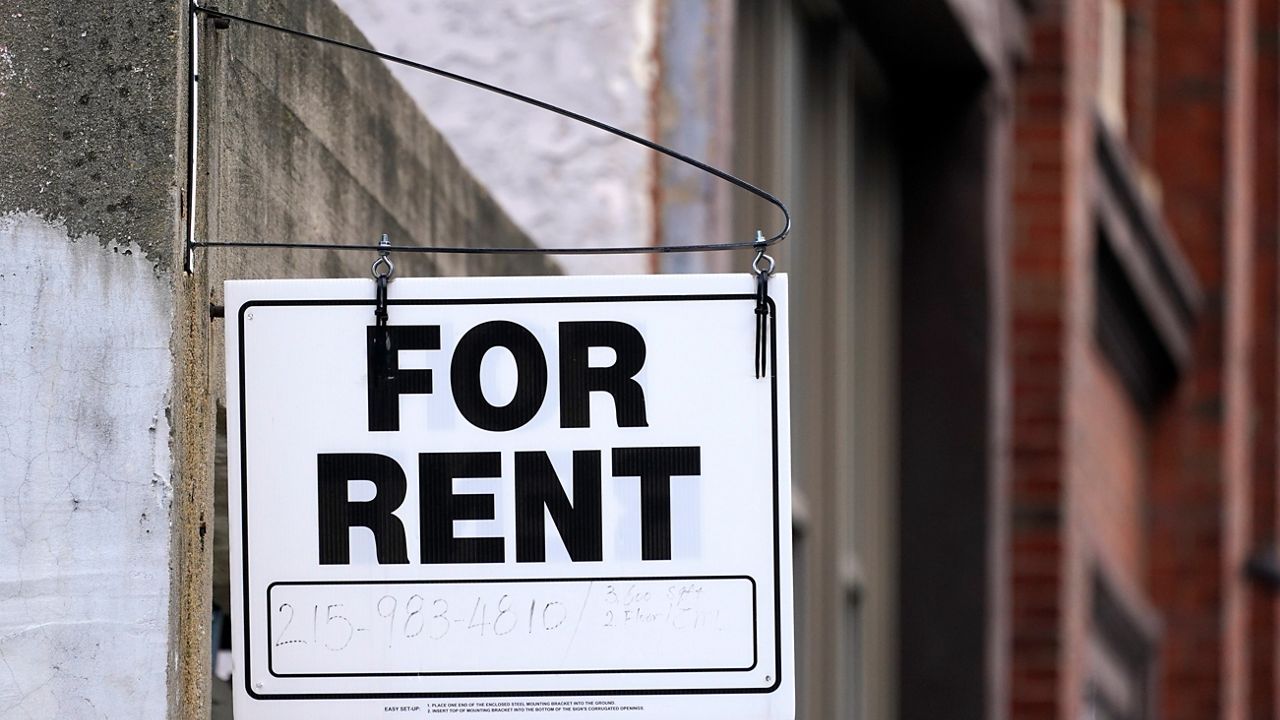ORANGE COUNTY, Calif. — Katrina Foley, Orange County supervisor for the 2nd District, called a hearing on emergency housing vouchers Monday using it as a full-court press on landlords.
“We are fortunate at this moment in time to have received an unprecedented number of housing vouchers,” said Foley, the 2nd District supervisor. “We have vouchers but we don’t have landlords who with accept them.”
The panel included Julia Bidwell, director of Housing & Community Development in Orange County, and David Cordero, the executive director of the Apartment Association of Orange County.
Like most areas of the state, Orange County has struggled with supplying enough housing as homelessness numbers skyrocket along with home and rental prices.
The United States Department of Housing and Urban has provided 70,000 vouchers across the nation through the American Rescue for a variety of recipients, including the homeless and people at risk of becoming homeless. Orange County’s four housing authorities have received about 1,000, but county programs have struggled to match them with qualified prospects.
The Orange county Continuum of Care stewards HUD’s partnership with the county.
The county’s suit of programs and partners covers many homeless people in the county. People living outside, designated as unsheltered, are as qualified as people who may live in a car, a motel or a friend’s couch.
Local landlords often require credit checks and references from former landlords, barriers too steep even for some who might have the means to pay. There has been limited incentive for them to accept any extra risk of renting to people who may be on a limited or fixed income.
Foley’s hearing aimed to allay fears of landlords that the public money would not come through, covering details of compensation through the program.
Such vouchers provide about 30% of the cost of housing and have an expiration date of Dec. 31, 2022. The tenants will be responsible for about 70% of the rent, but landlords have a safety net through various county programs in case the tenant can’t pay the full sum. For instance, the United Way in Orange County guarantees the tenants portion dropping it directly by direct deposit.
The United Way foots additional benefits for landlords, including double deposits, $1,000 bonuses to landlords, protections against damage to the apartments and holding fees until the lease is signed.
The vouchers, which are just the initial carrot for landlords, are supposed to curb homelessness numbers in the county, and prevent them from growing.
But local officials have become increasingly focused on the populations of homeless suffering from addictions and mental health problems, the kinds of cases hardest to transfer off the streets and other public spaces.
Veterans homelessness has been of particular concern as some former service members have struggled to get placed.
The voucher also covers rent increases and picks up extra costs if the tenant loses income. The idea is to increase the appeal of the vouchers by ensuring landlords will get their money.
“It allows us to focus on several different groups,” said Douglas Becht, director of Orange County Office of Care Coordination
The program helps veterans, families and people who may be survivors of domestic violence.
“It not only helps the people who are getting households that are getting housed, but it also frees a whole bunch of resources up resources for other people that are in similar systems and just need that first step into the system,” Becht said.



